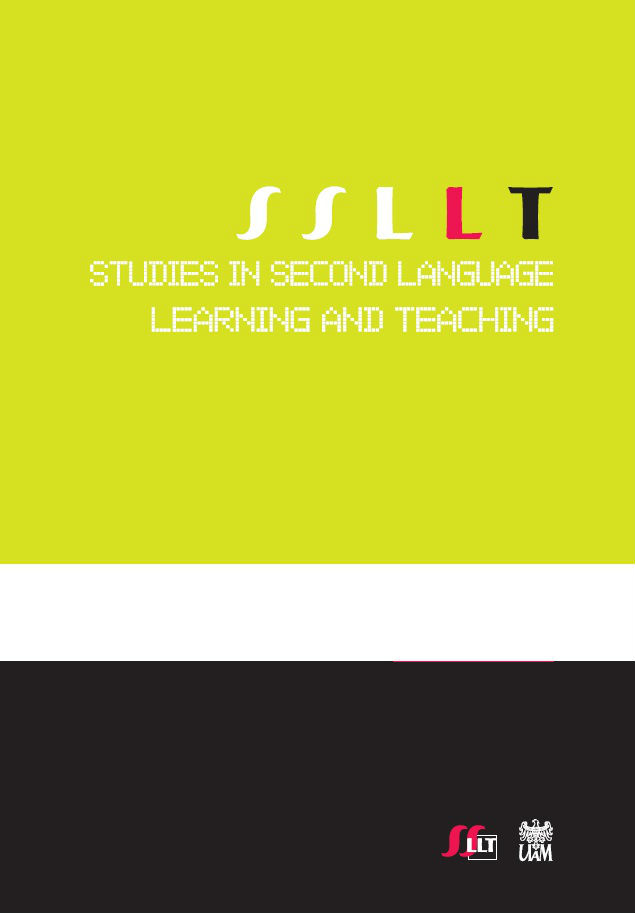Ego boundaries and attainments in FL pronunciation
Ego boundaries and attainments in FL pronunciation
Author(s): Małgorzata Baran-ŁucarzSubject(s): Education
Published by: Wojskowe Biuro Historyczne im. gen. broni Kazimierza Sosnkowskiego
Keywords: thickness of ego boundaries; types of ego boundaries; clearly structured course of phonetics; pronunciation attainments
Summary/Abstract: The paper reports on a study designed to examine the relationship between the thickness of ego boundaries and attainments in FL pronunciation after a clearly structured form-focused practical course of phonetics. The research involved 45 first-year students of the Institute of English Studies in Wroclaw, Poland, who had attended around thirty 90-minute classes in phonetics. To measure the thickness of their ego boundaries, the Hartmann Boundary Questionnaire (HBQ) was administered. This permitted an examination of which particular types of ego boundaries are related to accuracy in foreign language (FL) pronunciation. The basis for comparing the pronunciation levels of the participants was the Pronunciation Attainment Test consisting of three parts: reading a passage and two vocabulary lists. A t test demonstrated that the differences between the pronunciation levels of the thick and thin ego boundary learners were nonsignificant. However, further statistical analysis (Pearson correlation) showed a positive weak correlation between 3 types of boundaries (represented by Categories 7, 8 and 12 of the HBQ) and attainments in pronunciation. More specifically, the less organized the direct environment (e.g., the working place) of the subjects was and the more preference the participants showed for perceiving and accepting blurred borders between constructs, the better their pronunciation was. A closerlook at particular students revealed the importance of boundaries between thoughts and feelings, and boundaries related to defensive mechanisms and to sensitivity in FL pronunciation learning.
Journal: Studies in Second Language Learning and Teaching
- Issue Year: II/2012
- Issue No: 1
- Page Range: 45-66
- Page Count: 22
- Language: English

